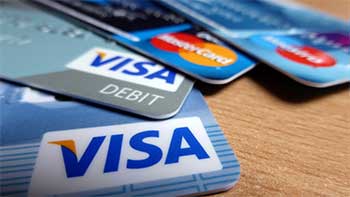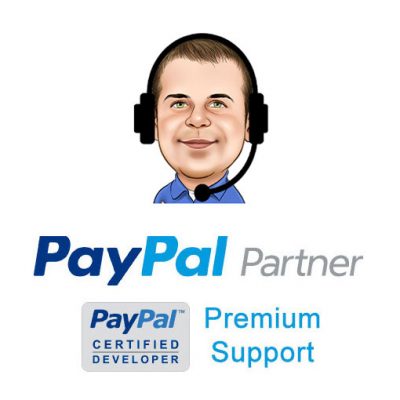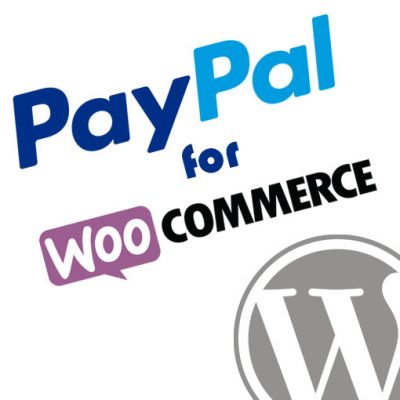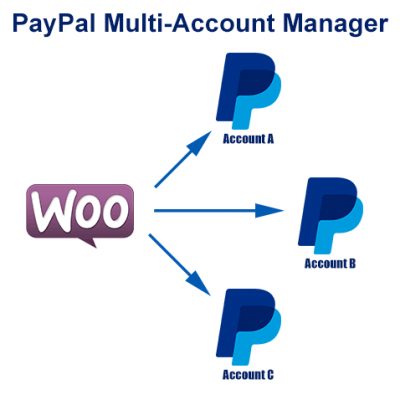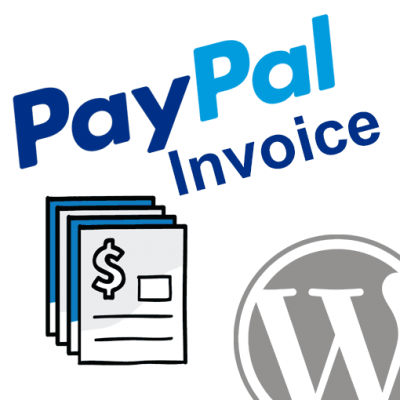Introduction
PayPal has reigned supreme in the payment processing space since the early days of their partnership with eBay. However, the meteoric rise and dominance of the service did not come without backlash over the last two decades.
Various criticism of PayPal comes from the shenanigans that can be perpetrated by those using the service (not sanctioned by PayPal of course). The most prevalent are email scams and payment pending scams.
There are also anecdotal stories and reviews regarding PayPal that involve the service arbitrarily placing holds on accounts and freezing funds. The reality is that it is easy to lower your risk in this regard. If this does happen to someone, though, it is not surprising the tale would turn up online.
With the noted issues of PayPal, alternatives have sprung up over the years.
Credit Card Processor Alternatives
Payment processing services are similar to PayPal in some ways. They transfer money from one party to another, though the purpose of the processors is more specific than PayPal since they handle transactions between a customer and a business. The main method of payment involves credit and debit cards.
This allows your customer to buy something from you and just enter their credit card information.
Braintree
Braintree was created as a credit card processing company that aimed to improve on every aspect of the dated options that existed for merchants. The goal was realized and the company was bought by PayPal in 2013 for $800 million.
Utilizing Braintree is the best of both worlds as all of the security and risk mitigation that PayPal offers is transferred into a payment processor that businesses can use. A WordPress plugin that integrates Braintree into your website exists as well.
Braintree comes with flat-rate pricing, extensive integrations, multi-currency options, and multiple marketplace tools. As far as credit card processors go, Braintree tops the list.
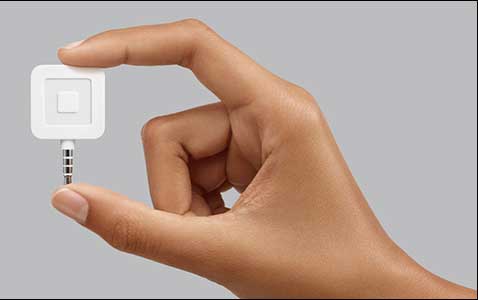
Square and Stripe
Square is a payment processor that designs to make receiving payments for any size merchant as easy as possible. The system was launched as a dongle and an app that could be attached to a smartphone. The merchant could then take credit card payments through the processing service. Square is now a large payment processor that provides hardware for all different types of merchants.
Stripe was created as a solution for eCommerce merchants. Using a traditional credit card payment processor used to be rather difficult. Stripe solved that by writing a simple software that allows any merchant to accept card payments from customers.
Personal Payment Alternatives
PayPal has been the virtual personal payment preference for years. If someone owed their friend money but didn’t want to cut a check or hand over a wad of cash, PayPal was often the solution.
Issues arise in this scenario as money takes time to go from one person to another and bank transfers tend to take a while. Another issue that rears its head is the need to know the email address associated with the PayPal account of the other party.
With the recent arrival of personal payment software, all you have to do is download an app and send money using your contact list. Funds can be sent from a bank account or a card and is instantaneous while bank transfers are free and take less than a day in most scenarios.
Venmo
Venmo is the most popular personal payment software. The system works as described above and is as straightforward as it gets. Not only does Venmo make it easy to pay friends and family money owed, but it introduced a social aspect as well.
Payments sent and requested could be seen in a social feed and liked by other people. This option can be turned off if you find it unsettling.
Venmo was acquired by Braintree in 2012. If you recall from earlier, Braintree was acquired by PayPal in 2013. PayPal owns Venmo which makes the software as secure as PayPal.
Cash App and Zelle
The two biggest competitors of Venmo are Cash App and Zelle. Cash App is owned by Square and works almost identically to Venmo. Zelle is Venmo’s biggest competitor and has been around for about the same length of time. Zelle also took a different approach to market than Venmo.
The company went through banks to be the branded personal instant payment solution of each individual bank. Zelle is basically the Lyft to Venmo’s Uber. The software has gained a lot of traction as an instant transfer solution for various banks.
Legislation
Criticism surrounding PayPal also centers around the company’s odd position as “not quite a bank.” PayPal isn’t considered a bank by the United States federal government because the service does not physically handle or hold funds placed into accounts. While this has taken PayPal out of contention as a bank in the US, other countries have taken steps to regulate the service in similar ways they regulate banks.
In Canada, the government ordered PayPal to provide the Canada Revenue Agency with information regarding certain business accounts, intent on ferreting out companies under-reporting income and cheating on taxes.
So far, these efforts have only been aimed at businesses, but a growing number of individuals in the Great White North are nervous that regulation creep will encroach into personal accounts eventually and have begun searching for Canadian PayPal alternatives. It will eventually strike an enterprising politician that there are PR points to score by shutting down individual tax cheaters as well. Whether you dodge taxes or play it straight up, using a lower profile PayPal alternate might evade the spotlight and microscope examination of the government a while longer.

The Bottom Line
There are downsides to any software. To those who use PayPal, there tend to be more positives than negatives.
The bottom line is that the company still reigns supreme since most of the alternatives come with similar upsides and downsides. It’s rare for a company to completely invent a different industry, as PayPal did when it came on the scene.
PayPal enjoys the benefits over most of its competitors of familiarity bred by longevity. With close to 300 million registered account holders, it has proven itself as both a credible personal payment system and business solution that includes a robust invoicing system.
If you find yourself drawn to the up-and-comers in an industry rather than the established giants, go with one of the PayPal alternatives, but it’s okay to stick with the Big Kahuna also.
Looking for Live Help?
Schedule a live meeting with Drew Angell, PayPal Certified Developer, and get all of your questions or concerns answered.
Featured PayPal Products and Services
-
PayPal Support
$100.00 -
PayPal for WooCommerce
FREE! -
WooCommerce Multiple PayPal Accounts Plugin
FREE! -
PayPal Shipment Tracking for WooCommerce
$49.99 -
Offers for WooCommerce
$59.99 -
WordPress PayPal Invoice Plugin
$20.00 -
PayPal Webhooks for WordPress
$79.99 -
Sale!
PayPal IPN for WordPress
Original price was: $59.99.$49.99Current price is: $49.99.
